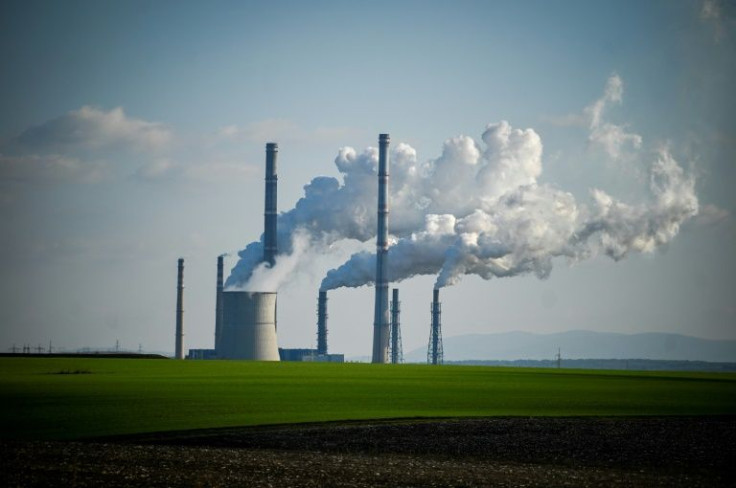Climate Change News: Worldwide Inaction Could Cost Global Economy $178 Trillion Over Next 48 Years
According to a report released Monday, global inaction on climate change has the potential to cost the world economy $178 trillion from now until 2070.
That amounts to a 7.6% cut in GDP just for the year 2070, according to Deloitte's Global Turning Point Report. The reasons the report gives include a scenario for global warming of 3 degrees Celsius, or 5.4 degrees Fahrenheit. In that scenario, the toll of climate change on human lives would be significant.
Food and water scarcity, worsening health and well-being, and loss of productivity and employment would all lead to a lower global standard of living.
However, if world governments help change the course of climate change and work towards a net-zero economy, the world could gain $43 trillion. That would boost the global GDP to 3.8% in 2070.
A transition will "require a significant investment from the global business community, from governments," and "the non-profit sector." Still, Deloitte Global CEO Punit Renjen believes the investment is worth it.
"Inaction is a far costlier choice. The data bears that out," he said.
Deloitte chose the year 2070 because that is when it estimates all global regions will reap the benefits of a "green economy." However, considering the more recent stances and statements from many world governments, a global transition soon is highly unlikely.
In any case, different areas will require and use different methods to achieve a net-zero economy. Also, not every area will experience the benefits of reduced carbon use, for example, immediately. The Asia-Pacific region will reap the benefits of a low-carbon economy transition within the 2020s. Meanwhile, Europe will not see the same benefits of a low-carbon economy transition until 2050.
Still, global governments have to make the commitment to transition to a net-zero or low-carbon future. The world already has the capabilities to transition, according to Dr. Pradeep Philip of the Deloitte Economic Institute.
He calls the need to transition the economy from carbon dependent to green a "societal" and an "economic" imperative.
"We already have the technologies, business models, and policy approaches to . . . combat the climate crisis and unlock significant economic growth," Philip said.
He expressed the need for "governments, businesses, and communities globally to align on a pathway toward a net-zero future."

© Copyright IBTimes 2024. All rights reserved.






















